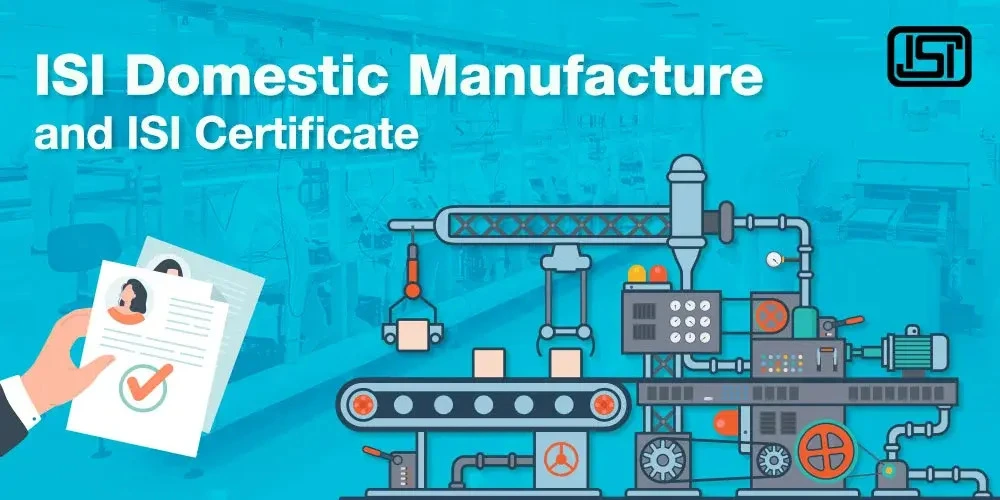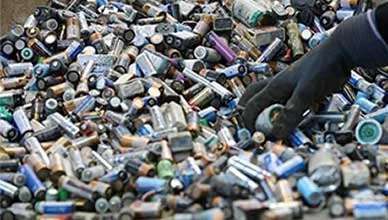EPR REGISTRATION FOR E-WASTE MANAGEMENT AND ELECTRONIC WASTE APPROVAL
INTRODUCTION
Electronic waste, or e-waste, is a significant global problem caused by our increasing use of electronic devices. It includes old or unwanted electronic equipment like smart phones, laptops, and TVs that we throw away when they're no longer useful. With technology advancing rapidly, we're producing more e-waste than ever before.
E-waste is harmful because it contains dangerous materials like lead, mercury, and cadmium. When we don't handle it properly, these toxins can pollute our environment, harming both people and nature. They can even damage our nervous, reproductive, and endocrine systems if we're exposed to them for a long time. Sadly, a lot of e-waste ends up in developing countries where it's often dealt with in unhealthy ways. This worsens the environmental and health problems. To tackle this issue, we need to dispose of e-waste responsibly and recycle it. Recycling helps protect our environment and saves valuable resources. Rules and awareness campaigns are also important to ensure that individuals and businesses manage e-waste correctly, keeping both our health and our planet safe.
An EPR Certificate is essential to prove compliance with E-Waste Management Rules and regulations. EPR Registration for Electronics Waste and EPR Registration for E-Waste are integral parts of creating an efficient E-Waste Management System. Acquiring EPR Authorization for E-Waste involves specific documents and procedures, yielding various benefits for both the environment and producers.
In a nutshell EPR in E-Waste Management signifies a proactive approach towards electronic waste management, driving sustainability in the electronics industry. For businesses in India seeking expert advice on EPR Registration, consulting with an EPR Registration consultant in Delhi is a way to go and you can reach out to EVTLINDIA anytime
EPR Registration for Plastic Packaging and Plastic Waste Management
Plastic packaging has become an integral part of our daily lives, serving as a convenient and cost-effective method for protecting and transporting goods. However, the increasing amount of plastic waste generated has raised concerns about its environmental impact. In response, governments around the world have introduced Extended Producer Responsibility (EPR) regulations to manage and reduce plastic waste. In this article, we will explore EPR Registration for Plastic Packaging, focusing on India's regulatory framework, the registration process, and the various types of plastics requiring registration.
Let's Understand Extended Producer Responsibility
Extended Producer Responsibility (EPR) is an environmental policy approach that holds producers, importers, and brand owners accountable for the management and disposal of their products and packaging materials throughout their lifecycle. EPR regulations aim to promote waste reduction, recycling, and the use of environmentally friendly materials in product design and packaging.
In the context of plastic packaging, EPR Registration requires companies to ensure that their plastic waste is collected, processed, and disposed of in an environmentally sound manner. This includes recycling, reusing, or disposing of the waste through end-of-life disposal methods.
How To Get Plastic Waste Management Registration
To comply with EPR regulations in India, companies involved in the production, import, or branding of plastic packaging materials must obtain an EPR Registration for Plastic Waste Management from the Central Pollution Control Board (CPCB) or the concerned State Pollution Control Boards (SPCB/PCC). The registration process typically involves the following steps:
- Submit an application to the appropriate regulatory authority (CPCB or SPCB/PCC), depending on whether the company operates in one or more states/union territories.
- Develop and submit an action plan outlining the company's strategy for meeting its EPR targets, which can include recycling, reusing, or disposing of plastic waste through end-of-life disposal methods.
- Obtain a Plastic Waste Processor (PWP) certificate based on the amount of plastic waste processed by the company or its designated waste management partners.
- Regularly submit progress reports and annual returns to the regulatory authority, demonstrating compliance with EPR targets and regulations.
Companies may choose to work with EPR Registration consultants for plastic packaging: in Delhi or other locations to help navigate the complex registration process and ensure compliance with all applicable regulations.
Types Of Plastics Requiring Plastic Waste Management Registration Certificate
In India, the Plastic Waste Management (PWM) Rules, 2016, and subsequent amendments outline several categories of plastic packaging that require an EPR Registration for Plastic Packaging. These categories include:
- Rigid plastic packaging: This type of packaging uses materials such as polypropylene, high-density polyethylene, and polyethylene to create durable, lightweight bottles and containers.
- Flexible plastic packaging: Lightweight packets or bags sealed using heat or pressure, such as plastic bags with zip locks, laminated printed pouches, and travel kit bags. These packages can be easily customized and offer basic protection from compression.
- Multi-layered plastic packaging: Packaging materials made from multiple layers of different types of plastics, which are difficult to separate after attachment. Examples include chip bags and laminated food pouches.
- Compostable plastic packaging: Carry bags and other packaging materials made from compostable plastics, which can be broken down into natural components under specific conditions.
Companies involved in the production, import, or branding of any of these types of plastic packaging must obtain an EPR Registration for Plastic Packaging to comply with India's PWM Rules.
Conclusion
EPR Registration for Plastic Packaging is a critical component of India's efforts to manage and mitigate the environmental impact of plastic waste. By holding companies accountable for the lifecycle of their products and packaging, EPR regulations incentivize the adoption of more sustainable materials and waste management practices. Companies involved in the production, import, or branding of plastic packaging materials must navigate the complex EPR registration process for Plastic Waste and work with appropriate waste management partners to ensure compliance with all applicable regulations. By doing so, they can contribute to a more sustainable and environmentally friendly future.
- Home
- About Us
-
Services
- BIS ISI Mark Certification
- BIS-CRS Certification
- ISI Domestic Manufacture
- EPR Plastic Waste
- EPR E-Waste
- EPR Registration
- EPR Battery Waste
- BIS FMCS Registration
- WMI Registration
- BIS ECO Mark Scheme
- BIS Certification for Footwear
- EMI-EMC Test
- RF Testing
- IP Rating Test
- TEC Approvals
- NABL Testing
- LM 79 & LM 80
- ROHS Approval
- CE Certificetion
- EPR Importance
- EPR For Tyres
- EPR For Used Oil
- TradeMark
- Copy Right
- WPC-ETA Approval
- BEE Registration
- FSSAI Registration
- Gem Registration
- BIS Certification for Toys
- Import Export License
- Custom Compliance
- LAB Setup and lab equipment
- UL Certification
- CDSCO Approvals
- Drug License
- NOC For Steel
- IMEI Registration
- ISO Certification
- Legal Metrology
- NSIC Registration
- Start-Up Registration
- Make in India Mark
- LMPC Registration
- CDSCO Registration
- Updates
- Gallery
- Clients
- Contact Us















































































